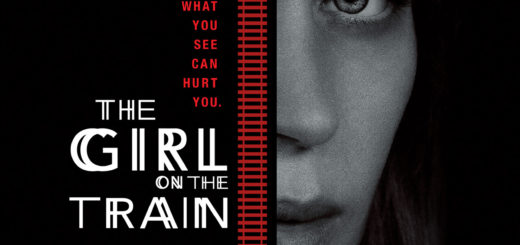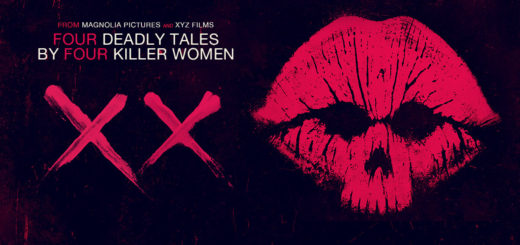20TH CENTURY WOMEN Review
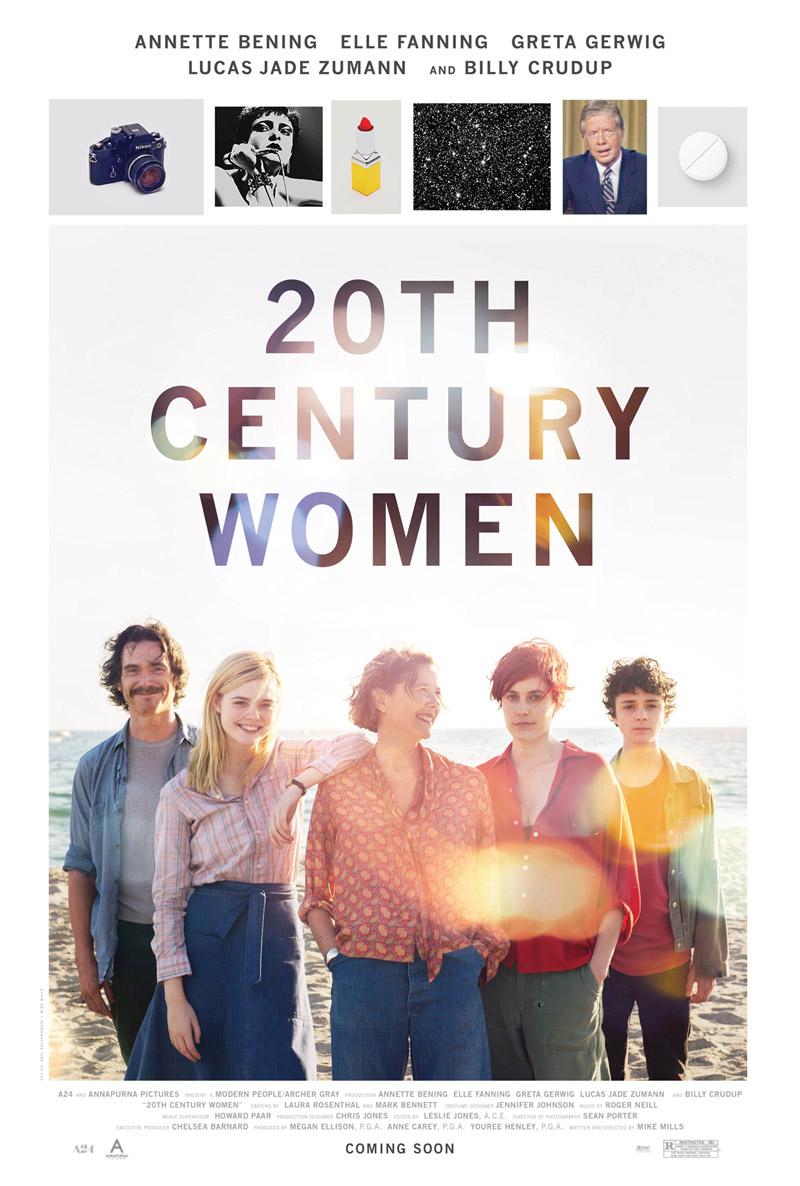
Director: Mike Mills
Genre: Drama
Year: 2016
Riding off the success of his 2010 drama, BEGINNERS, Mike Mills has proven yet again that he is somewhat of a modern Mike Nichols (perhaps it’s the shared first name). With 20TH CENTURY WOMEN, Mills has delivered a warm, inverted coming-of-age tale, painted through the eyes of an overwhelmed mother who slowly watches her child grow up without her. It infuses the wiser moments in Linklater’s BOYHOOD with a class-A ensemble. At the heart of the story stands Annette Benning as the aforementioned single mother; a woman who enlists the help of her closest friends in order to raise her child. Mills plays with the notion that it takes a village to raise a child, but 20TH CENTURY WOMEN remains firmly opinionated that a mother can do it all on her own.
In a unique partnership, A24 has teamed up with the Hollywood auteur production house Annapurna in order to craft this lovable portrait. It’s also worth mentioning that it would make a solid double-feature pairing with Thomas Vinterberg’s THE COMMUNE, a film that covers similar ground with less successful results. However, Mills’s film is, by all accounts, among 2016’s most effective feel-good films. The audience is taken for a smorgasbord of vignettes, framing the dichotomy of age between mother and son. As one grows ever more daring, the other begins to worry, and the moment one insists on being let go, the other can’t help but inquire. 20TH CENTURY WOMEN is a film about the thankless job of motherhood. It quite literally oozes the goodness of maternal care.
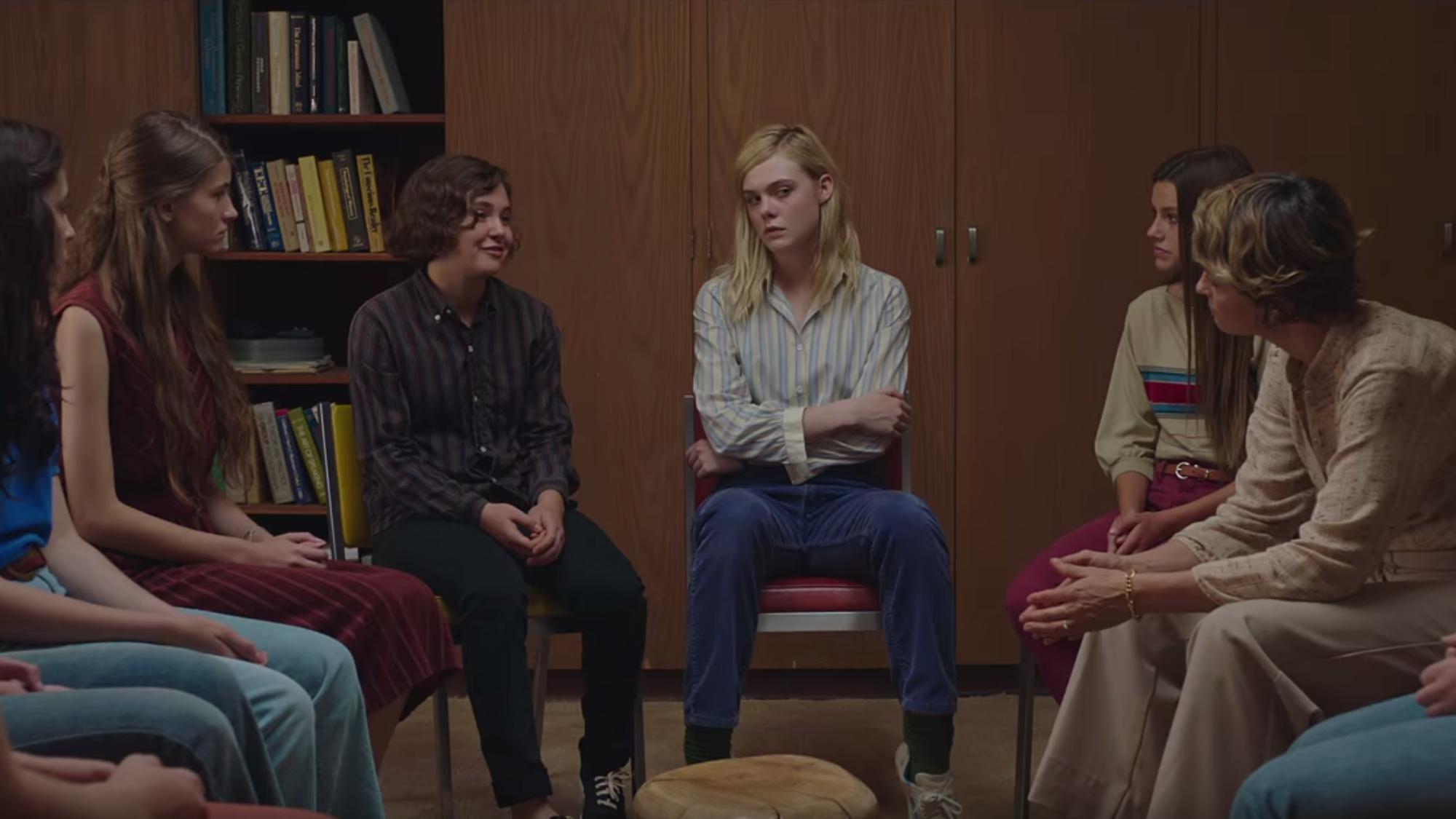
Because every woman in the 20th century was white
As such, Mills anchors his film through Annette Benning, a character of great empathy. Her character’s trajectory is tragic, and Mills plays with this dramatic irony. As an audience we know that Benning’s actions will be mostly forgotten. But Mike Mills’s priority is to frame 20TH CENTURY WOMEN like a cautionary tale. It is a project for all of those that have failed to thank their mothers in the past years. Mills invites all of us to reconsider what our mothers may have sacrificed for us over the course of our lives. As such, it ranks among the more noble cinematic efforts of 2016.
Rounding out 20TH CENTURY WOMEN are star-turns from Greta Gerwig and Elle Fanning. While the rest of the ensemble cast does a solid job communicating the emotional depth of growing up, it is Benning and her two female co-stars that provide Mills’s narrative with the density that makes it more than a sappy, polaroid-tinted, coming-of-age tale. Gerwig’s subplot involving her experience with cancer and Fanning’s paranoia about becoming pregnant all place femininity front and center, and it’s through this writing decision that Mills manages to invert the tropes of the genre. If anyone is left on the periphery, it is the boy himself. Instead, we experience the lives of the women that surround him, how they got to where they are today, and consequently learn the effect they have on him. This approach in and of itself is quite unprecedented.

#thestruggleofmotherhood
It’s undeniable that 20TH CENTURY WOMEN boasts some of the finest writing of the year. It is brimming with memorable quotes and boasts a structure that is unconventionally fresh to its subgenre. But the same can’t be said for the story writing as a whole. The ugly truth is that 20TH CENTURY WOMEN is a beautiful film with a warm, important message; but it’s also so occupied with creating a believable ensemble that it never amounts to having a gut-punching reality check for any character. Benning and her son are clearly the ones that need to grow in Mills’s film, but instead of writing a script that allows for more elaborate highs and lows, the film propels itself through countless montages that have light effects on our characters lives. While this plays nicely into Mills’s quest for verité, his film loses some dramatic steam because it’s all too much, too fast.
And while it’s quite formally expressive during its faster montages, incorporating still images and voice over in nifty ways, its common dialogue scenes play out far too quickly and rarely feature a clear-cut beginning, middle, and end. The film’s rapid pace is great, but if it would have opted to slow down during more intense, life-changing moments, Mills could have really struck gold. As such, 20TH CENTURY WOMEN sacrifices some of its authenticity in order to feel like an avalanche of memories. But if it would have been so passionate about playing in that ballpark, then maybe it shouldn’t have been edited so chronologically. It is still a beautiful film, and boasts some gorgeous scenery, but Mills could challenge himself more when staging a conversation rather than having almost every scene of dialogue take place with characters seated in kitchens or bedrooms.
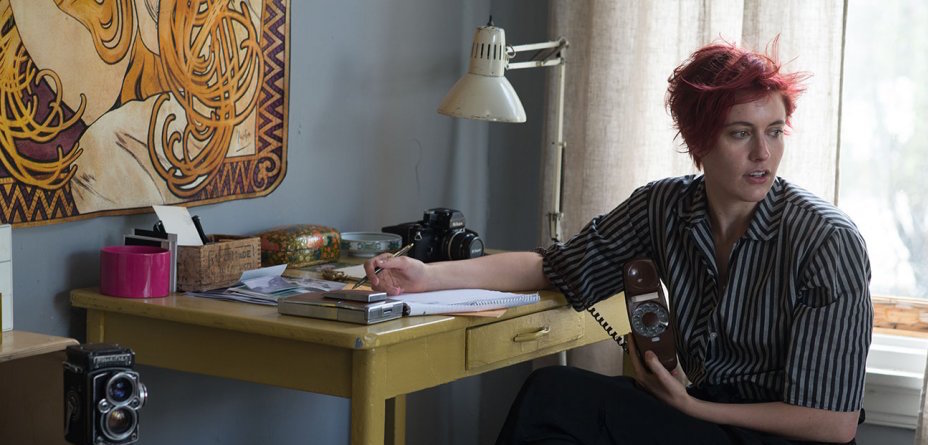
I’d give up writing film reviews to have Greta Gerwig teach me about BLACK FLAG
Mike Mills has yet to completely win me over as a filmmaker. He understands characters and clearly knows how to give his actors agency in the craftsmanship of their roles, but his film feels hampered by his pacing. On an aesthetic level, Mills knows what he wants, but when it comes to the simple things, blocking a scene and using space to your advantage, Mills plays it too safe. 20TH CENTURY WOMEN ought to challenge itself far more than it does. And yet, I can’t say that the film completely misses the mark. It showcases the incredible talent of its stars and makes for the paramount mother-child viewing of 2016.
Verdict: Recommend

